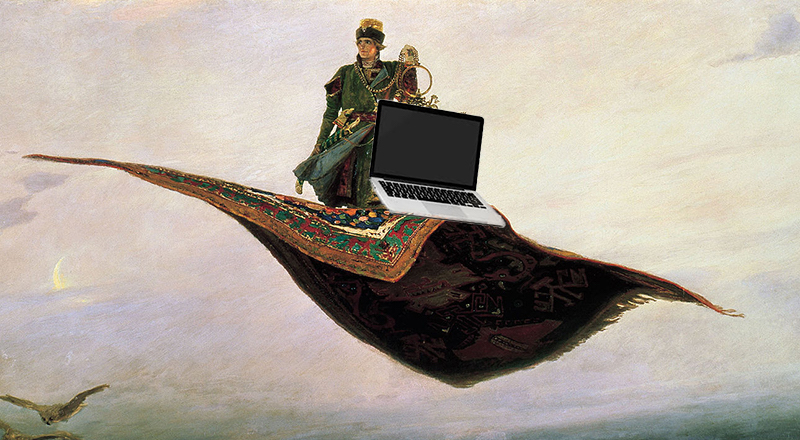We can’t all be authors who can use their voices and platforms to start political movements, shatter stereotypes, and help teenagers survive their miserable ninth-grade years through the worlds they build. We can’t all be editors who discover earth-shaking stories, nurture talent in authors, and shape the culture through the content they select.
Some of us are wired for less glamorous positions, but that shouldn’t be a reason to give up on the goal of being a force for good in the world of publishing. Many who specialize in digital publishing are used to focusing on solving technical problems and minutiae. However, that doesn’t mean there aren’t bigger issues at play.
The job market is tough, and even after graduation, some of us are underemployed or underpaid. People with digital publishing skills have the versatility of being able to create products that people outside of book publishing need: websites, self-published ebooks, and email marketing campaigns, just to name a few.
This raises the question: Should you consider yourself a mercenary?
If you Google “‘freelancer’ + ‘gun for hire,'” there will be no shortage of profiles that pop up. The language of the mercenary gives a lot of people trying to make money in digital publishing a feeling of being a maverick or a renegade. What “gun for hire” means at its most basic level is that you will shoot whatever anyone with two bills to rub together tells you to.
Always remember that you have agency. While taking any job (i.e., creating ebooks for any random “entrepreneur” online) might seem mandatory, remember that people whose values give you pause might not feel a moral imperative to pay you. The more ethical clients you work with, the more ethical clients you will meet.
And clients with good ethics are way more likely to pay you.
When we solve technical problems, it’s easy to ignore the larger implications of projects. You do not have to blindly accept the edicts of every swinging money bag that comes your way. Be prepared for ethical dilemmas that may arise in your line of work by familiarizing yourself with all possibilities. Keep up with digital and social trends, and learn from others’ mistakes.
We have an edge over other people skilled in making websites or ebooks, in that we have a unique view of literary and media culture. We value long-form content, and we can bring that perspective into whatever we end up doing, whether it’s web work for an internet start-up, an email marketing campaign for a nonprofit, or a self-published ebook that teaches people how to do yoga with their dogs.
Graduating with digital publishing skills means we don’t just know “how to computer”—we also have discretion, a greater sense of cultural trends, and therefore, a responsibility to apply our in-demand skills to projects that we think add positive value to the world.

